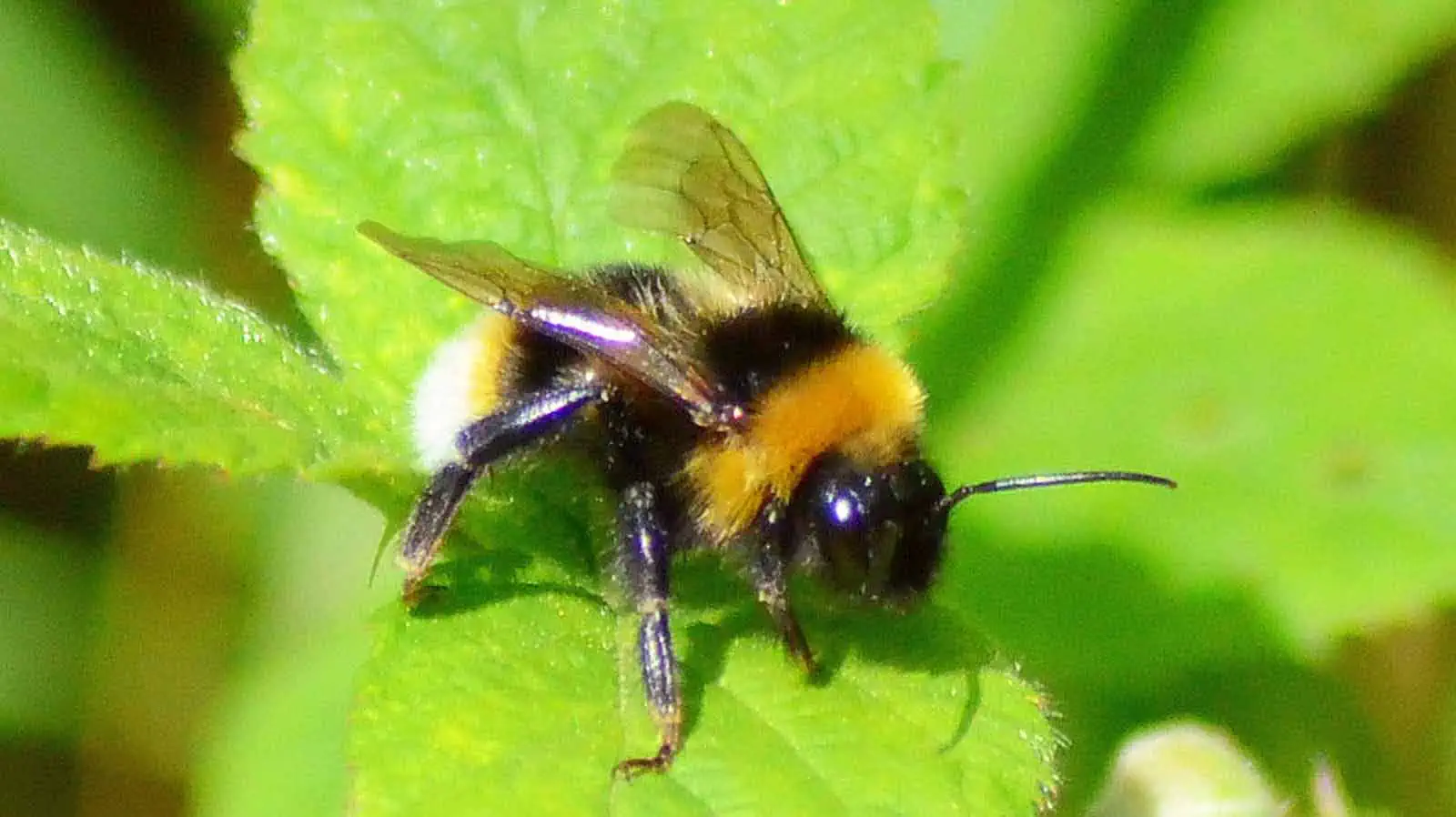
Source: NPR
Under the UN, The Intergovernmental Science-Policy Platform on Biodiversity and Ecosystem Services (IPBES) released a global assessment report on Friday in Malaysia suggesting that 40% of invertebrate pollinating species including birds and bees are facing extinction as well as vertebrae pollinators – all of which are crucial contributors to over 75% of global food supply – that’s up to $577 billion in food revenue, annually.
IPBES synthesized data taken from over 3,000 scientific documents and concluded a dramatic threat for pollinating species as a result of climate change, harmful farming practices, pesticide use, alien invasion species and climate change.
A decline in traditional and indigenous farming practices has heavily contributed to the threat of extinction for these vital species. However, researchers maintain that perhaps incorporating local and indigenous knowledge in farming may reduce risks to pollinators.
Read full story at: NPR
